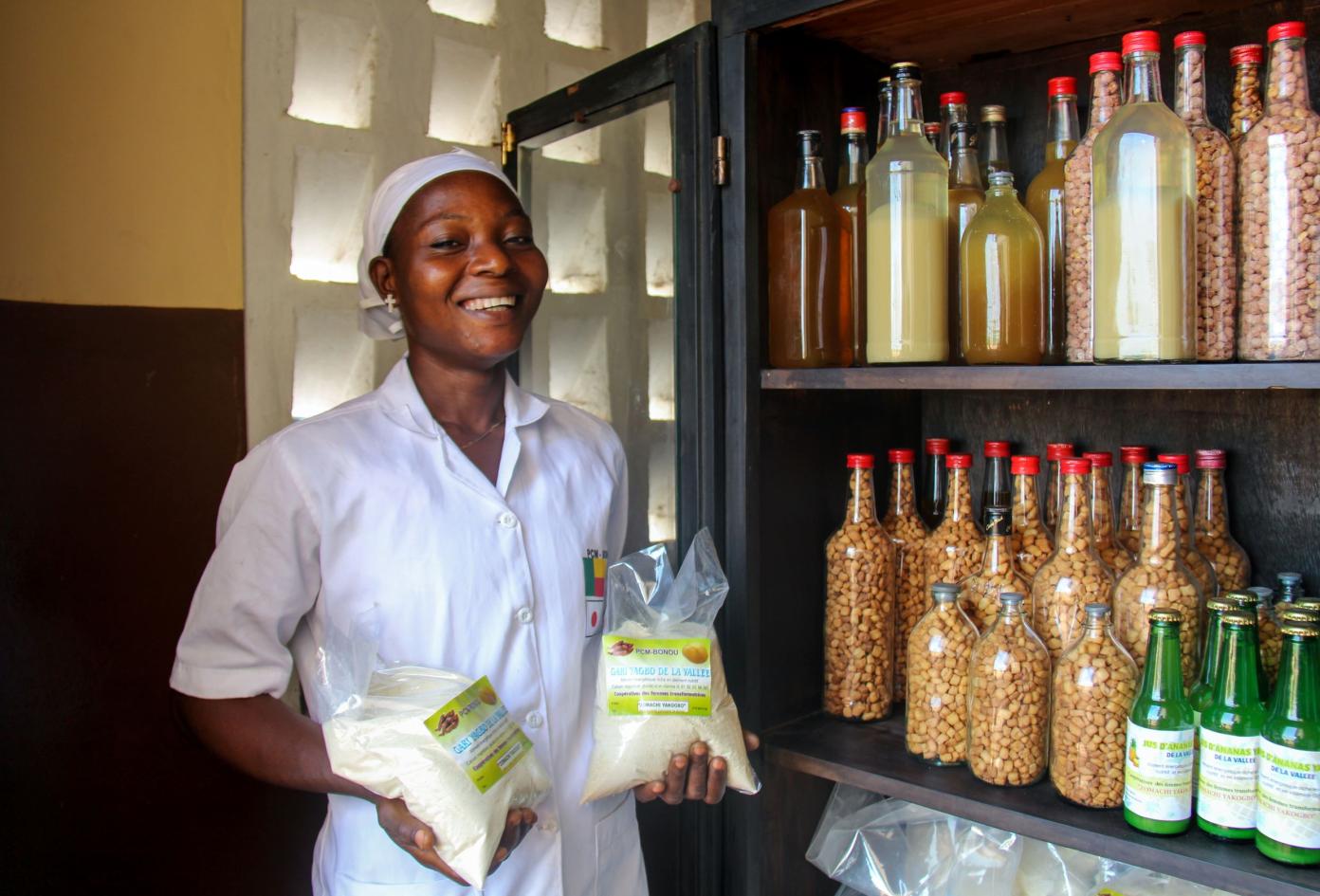New York, 9 November 2021 - An effective capacity building initiative run by the Organisation for Economic Co-operation and Development (OECD) and the United Nations Development Programme (UNDP) continues to strengthen developing countries’ ability to fight tax avoidance by multinational enterprises, with operations running in 47 countries and more than USD 850 million generated in new tax revenues since July 2020.
Tax Inspectors Without Borders (TIWB) provides practical, hands-on assistance to developing countries in order to build capacity in the areas of international tax audit, criminal tax investigations and effective use of automatically exchanged information. Today, more than 100 experts have been deployed to work directly with tax administrations having requested assistance on real life cases covering international taxation matters. Six years on, TIWB assistance has helped collect USD 1.4 billion additional tax revenue for developing countries, and USD 3.9 billion in tax assessed, through June 2021, according to its latest Annual Report.
TIWB programmes deliver not only an immediate benefit in terms of revenue collection but also in terms of the technical skills needed to tackle challenging tax audits going forward. Whilst the initiative moved its operations to entirely remote assistance during the COVID-19 pandemic, a blended method of onsite and remote assistance will be the norm as of 2022.
Launched today during a virtual webinar on “Tackling Tax Avoidance and Evasion in the Post-Pandemic Era” by OECD Secretary-General, Mathias Cormann, and UNDP Administrator, Achim Steiner, the 2021 TIWB Annual Report shows that for every USD 1 spent on TIWB activities, an average of USD 125 in supplementary tax revenues is recovered by host administrations – a figure which has increased almost twofold in the past year.
Panelists at the ministerial event discussed how TIWB could be instrumental in helping developing countries combat illicit financial flows and mobilise domestic resources to achieve the Sustainable Development Goals. The speakers also considered how TIWB programmes can support governments with innovative tax tools and capacity building, including in implementing the new global tax solution to address the challenges of the digital economy, and make the best use of South-South expertise.
With key support from regional and international partners, as well as donors, TIWB programmes span Africa, Asia, Eastern Europe and Latin America. The success of the current TIWB model has also generated demands from countries in other areas of taxation including taxation and natural resource and environmental tax issues.
To access the 2021 TIWB Annual Report, visit https://bit.ly/tiwb-2021.

 Locations
Locations